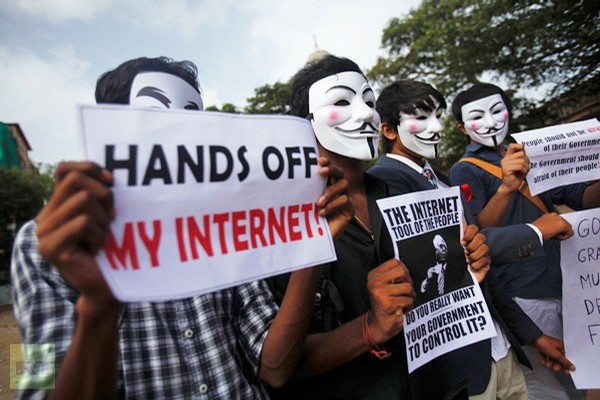Internet Censorship in Korea and China
South Korea, a country known for its technological innovation, blazing fast internet speeds, and highly connected population, is facing a trend in more government regulation of internet related issues. Will ongoing regulation trends in South Korea result in wide ranging pervasive internet censorship like that of the People’s Republic of China? This report will look at the similarity and differences in the regulation of the internet in the both South Korea and China and what the future holds for both economic powers in an increasingly technological future.
South Korea – current scope of internet freedom
The OpenNet Initiative notes that South Korea, despite being a democratic first world nation, does not have the same level of internet freedom of speech as other similar countries.
The laws which permit government enforced internet censorship in South Korea are often written with the aim to protect citizens from harmful or fraudulent content. in particular, many laws are designed to protect the minds of the youth who are seen as susceptible to influences on the internet. Online messages or websites considered to be cyberbullying or promoting gambling, pornography, or pro-North Korea are censored.
South Korean netizens that own blogs or websites that get over 100,000 visitors a month are required to register their websites with their national ID.
Similarities to China regulations
Like South Korea, China also censors objectionable content that is deemed to be immoral. Political subjects and online messages are also subject to censorship. However, unlike South Korea, China goes one step further in interfering with Internet tools and nearly all foreign social media platforms. Search engines are required to self-censor their results, and it was with this regulatory burden that Google opted to cease operations in the country. Facebook, Youtube, Twitter, Instagram, and most foreign news sites are completely blocked within the country, unlike Korea.
Regulatory burdens on hosting websites within China makes owning a blog or website difficult for the average netizen. Most opt to use large platforms such as Weibo or WeChat, which are more centralized and perform self-censoring as needed.
Like South Korea, netizens in China wanting to access blocked content require the use of a VPN (virtual private network) or a proxy. While users in South Korea will find little trouble in using these services, users in China have to contend with the Golden Shield or “Great Firewall” internet filter. This technologically sophisticated firewall is capable of detecting OpenVPN tunneled internet traffic and throttle or close these connections. Crackdowns on China VPNs, such as Astrill or Private Internet Access are common. (See chinaSMACK for a continually updated report on the best VPNs for China).
Censorship Effects
Besides chilling effects of the restrictions of free speech, internet censorship also has unintended collateral economic damage. IP blocking used to censor a single website can often take down thousands of other non-offending websites that share the same IP address. This is becoming more common as many websites are gravitating towards large centralized CDNs (content delivery networks) such as Cloudflare or Akamai to handle requests.








